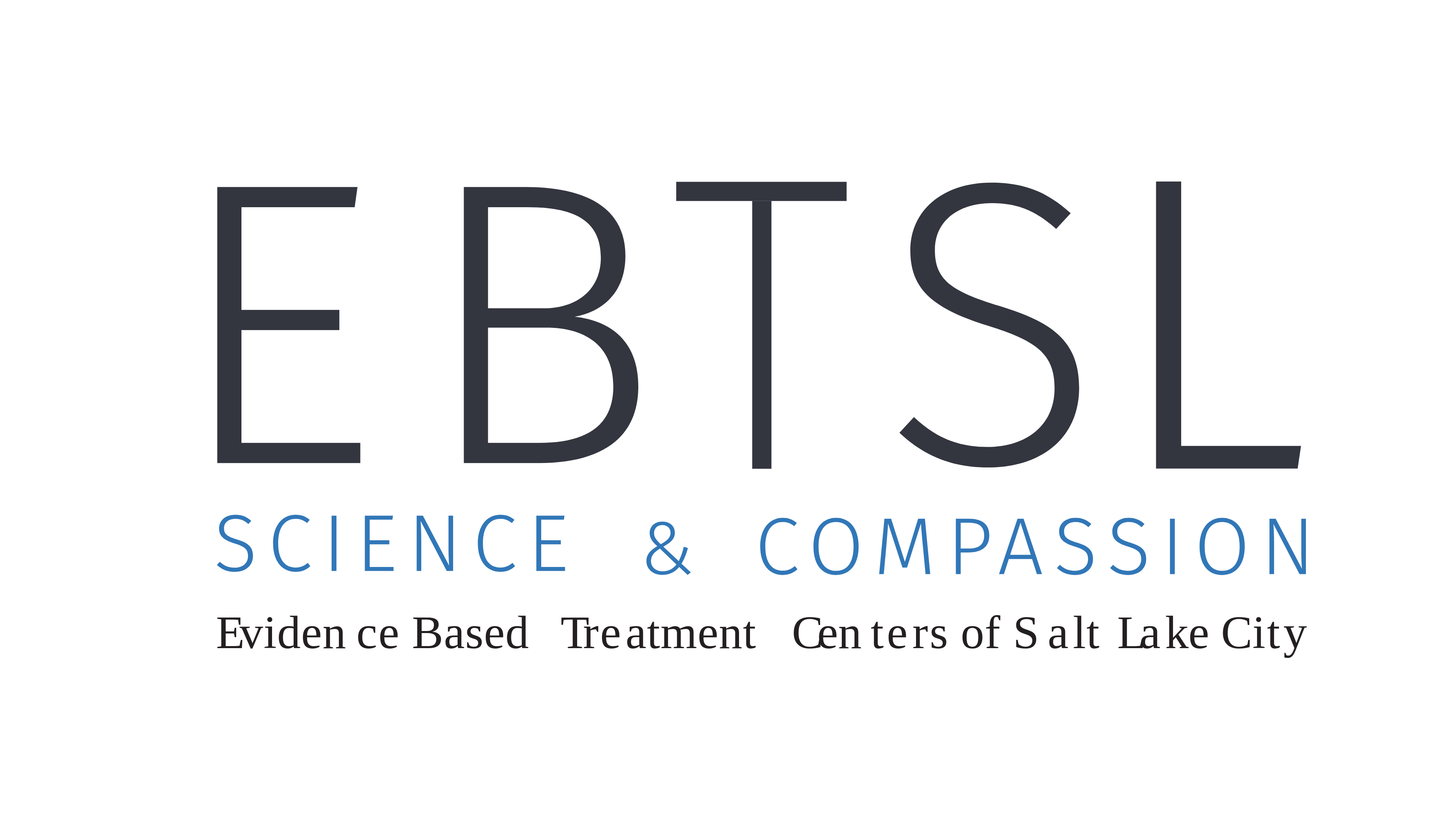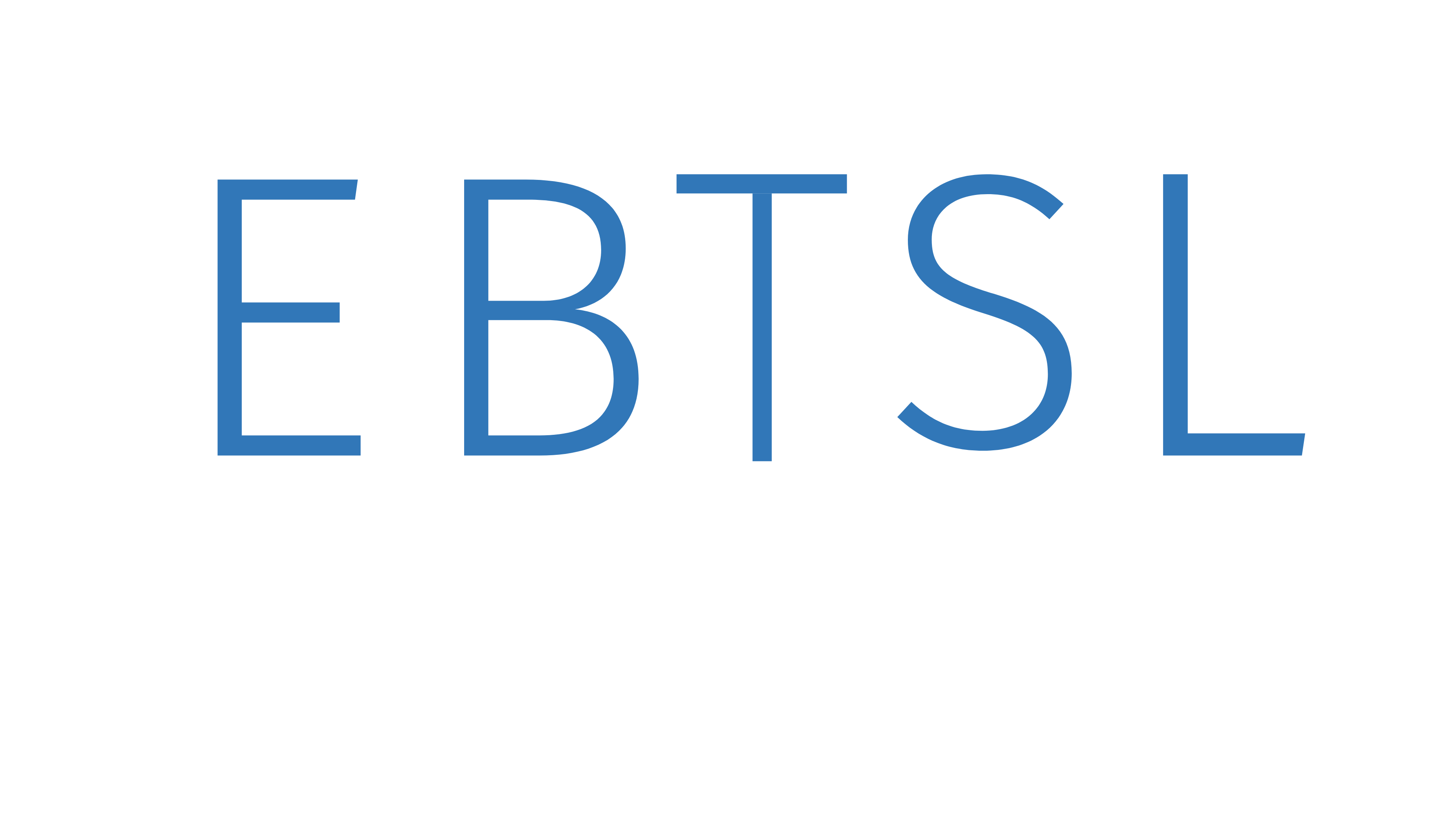What We Treat
Obsessive-compulsive and related disorders are characterized by the presence of repetitive and intrusive thoughts or obsessions and/or repetitive or ritualized behaviors. Individuals with these symptoms often feel stuck in repetitive cycles of thoughts and behaviors that are very difficult for them to break out of. A number of different disorders make up this category of mental health concerns and although they share some similarities, they also have important differences that have implications for effective treatment.
At the Evidence Based Treatment Centers, we are experts with extensive experience in treating anxiety disorders. We treat generalized anxiety disorder (GAD), social phobia, separation anxiety, panic disorder, agoraphobia, and specific phobias.
Children with selective mutism can often be talkative in the privacy of their homes, but have difficulty speaking, or are unable to speak at all, in school and other social situations. Although these children might appear willful, they are actually self-conscious and experience the problem as an inability to speak. This disorder tends to co-occur with social anxiety. Often, difficulties with selective mutism can be seen at an early age and begin in preschool.
Tics are sudden, involuntary movements and/or sounds. Tics are common in young children and often resolve without any intervention. However, some people experience unwanted and distressing tics that impact their lives in a number of ways. Common tic disorders include Tourette Syndrome, Chronic Motor Tic Disorder, and Chronic Vocal Tic Disorder. While tics are neurological in nature, Comprehensive Behavioral Interventions for Tics (CBIT) can help people feel like they have much more control over the experience and decrease the negative impact of tics.
Many of us experience occasional nights of restlessness or poor sleep. However, some people experience problems with falling sleep at a desired time, waking up in the middle of the night and not falling back to sleep, nocturnal panic attacks, or not seeming to be able to wake in order to meet daily goals (e.g., school, work, etc.) We provide an array of behavioral interventions for sleep problems including cognitive behavioral therapy for insomnia (CBT-I), individualized behavioral strategies for parents trying to help their children sleep independently, and strategies to break routines and rituals that people feel like they need in order to fall asleep.
Some children and youth have difficulty attending school due to anxiety or other reasons. This is often an issue that needs immediate attention due to the impact and distress it causes for the family and schools. We have extensive specialist experience in treating this issue, which may require intervention for both parents and children.
We also treat a wide range of different problems that can be associated with anxiety including:
- Body Focused Repetitive Behaviors
- Autism Spectrum Disorder (ASD)
- Attention-Deficit/Hyperactivity Disorder (ADHD)
- Enuresis/Encopresis
- Oppositional behavior and behavior problems.

